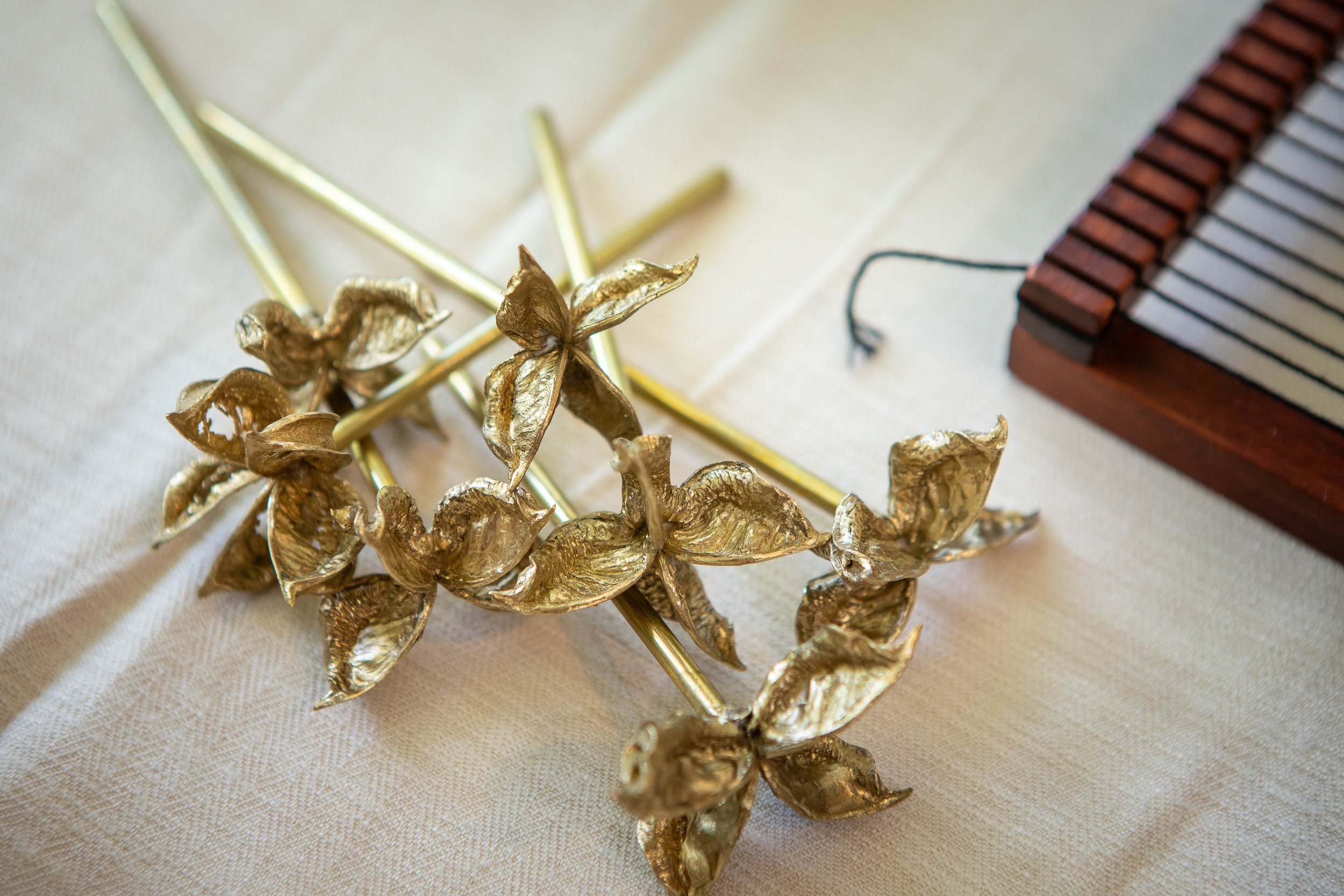July 2023
Jenelle Esparza
Film directed by Alexa Caravia for Fountainhead Arts
Jenelle Esparza’s sprawling cotton-weaved sculptures examine how objects and bodies are shaped by environments. The Corpus Christi born- and San Antonio-based artist draws immediately from her natural surroundings to craft work that reflects how cotton fields unearth the exploitative history of plantation labor in Texas. She pays close attention to the racialized lives who made up its labor force, which also include her family history. “Our physical bodies record experiences in one way and the landscape are parallel in recording the experiences in the same way,” she said to me in August.
Esparza records this process through weaving, shifting her focus away from her photographic origins into a process that literally transforms the earth rather than documenting it. For Esparza, the material use and transformation of cotton, despite its seemingly abstract outcome, is a way to directly engage with histories that often become abstract through theory. The artist sources her cotton fibers from shops in South Texas that are organic and non-GMO. Esparza then intertwines her weavings with found objects, like wood bark, to repurpose that object while carrying its meaning into the new body of work.
While at Fountainhead, Esparza continued this process in addition to making small studies for larger works that will be on view in a spring 2024 exhibition. This new body of work concentrates on historical narratives tied to the Rio Grande River and the various histories of migration that traverse that pathway. This fascination with the land is intimately connected with the body, as a way to think about it as a retainer of collective memory by which the trauma from colonial records might be repaired. Esparza’s sculptures demonstrate how the South holds memories and insights to navigate the ecological and historical erasures caused by colonialism.
Words by Ayanna Dozier






